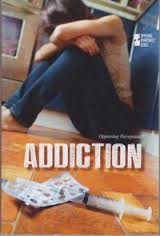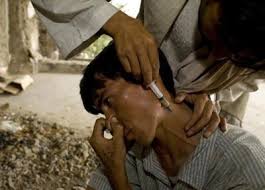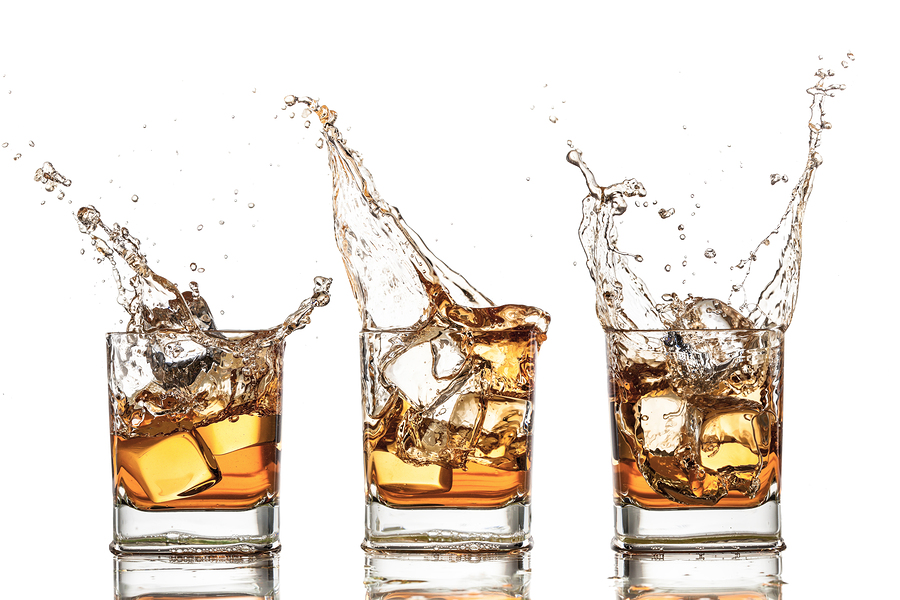Addictive disorders treatment requirements

Addictive disorders treatment requirements must be tailored to deliver quality treatment
Addictive disorders treatment requirements: Chemical abuse and dependence
Because chemical dependence is a complex disorder, effective treatment requires interventions that address the physical health, mental health, and interpersonal relationships of the affected individual. Therefore, the addictive disorders treatment process must be comprehensive to address the multiple and complex needs of addicted individuals and their families. Essential elements of comprehensive treatment for addictive disorders consist of many components, some of which should be employed for every person and some only for certain individuals. Besides, it is important that the individual’s family be engaged in part of the treatment process. And the good news is, all these components we are making refence to, are all available at AWAREmed Health and Wellness Resource Center. The components may include:
- A comprehensive evaluation of the nature of use, and strengths and needs of the individual which results in a diagnosis;
- An individualized treatment plan which is developed with the patient and is modified as the individual progresses;
- Clinical case management;
- Cognitive and behavioral therapy;
- Continuing care;
- Detoxification and medical management of withdrawal symptoms;
- Monitoring of continued abstinence from alcohol and other substances;
- Pharmacological therapy, when appropriate;
- Self-help or peer support as a complement to professional treatment.
- Vocational and educational assistance;
Doctor Akoury reiterates that for effective result to be realized, the evaluation, diagnosis and resulting treatment plan must be developed by qualified and experienced professionals in the addiction field and must address the multiple aspects of the disease. Although addiction treatment provider need not provide all services directly, quality care then demands that services be planned for and provided through referral linkages with other appropriately qualified providers.
Addictive disorders treatment requirements: Education and awareness of addiction treatment
The process of treatment begins with educating the individual and his or her family about the disease of addiction and assuring that each individual recognizes the signs and symptoms of the disease in his or her own life. Motivational enhancement may be the first step since many patients may not accept that their addiction is not normal. Teaching the individual to both recognize the triggers of relapse and use preventive responses to these triggers is critical during the treatment process. The outcome of appropriate, comprehensive treatment should strive toward helping the persons receiving services to accomplish the following:
- Develop and sustain a social support network that will foster and reinforce ongoing recovery.
- Develop the capacity or potential to practice normal life activities with responsibility;
- Learn and practice the mechanisms, attitudes, skills and behaviors necessary to sustain the positive effects of treatment;
- Recognize the personal signs, symptoms, circumstances, and triggers of relapse and know how to respond;
- Understand the physical impact of chemicals and the implications of addiction on brain functioning;
- Understand the relevant issues associated with the disease as it affects their lives and the lives of those around them;
Finally with all these teachings done the individual patient must always keep in close touch with their physicians during and after the treatment process. Therefore if you are considering this worthy course and you are at cross road not knowing who to turn to for professional help, doctor Dalal Akoury’s office is ever open for you and you can schedule for an appointment with her so that you can have all your concerns professionally addressed.
Addictive disorders treatment requirements: Chemical abuse and dependence
http://www.awaremednetwork.com/





